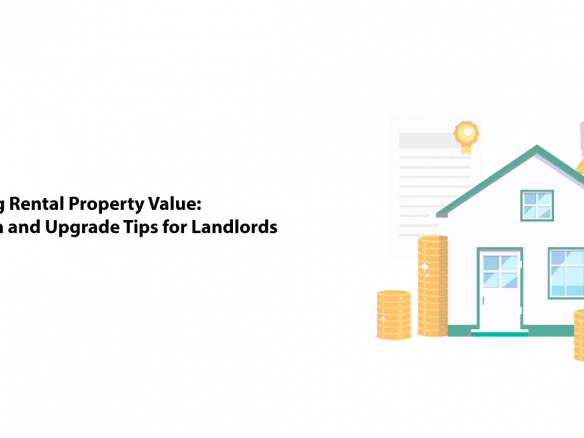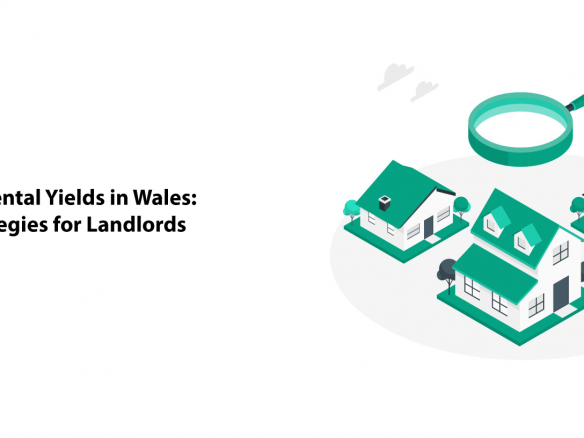Lease agreements are crucial for landlords, serving as the foundation of the rental relationship. These legally binding documents outline the terms and conditions of the tenancy, protecting the interests of both landlords and tenants. A well-drafted lease agreement helps prevent disputes, ensures clarity, and provides legal protection.
The Importance of a Comprehensive Lease Agreement
A well-drafted lease agreement is essential for every landlord. It sets clear expectations and guidelines for the landlord and the tenant, reducing the likelihood of misunderstandings and disputes. A comprehensive lease agreement covers all aspects of the tenancy, from rent payments and maintenance responsibilities to termination procedures and legal obligations.

A detailed lease agreement helps prevent disputes by clearly defining each party’s rights and responsibilities.
It also serves as a reference point for resolving issues and ensures that both parties understand their obligations. By protecting the interests of both landlords and tenants, a comprehensive lease agreement provides legal security and contributes to a harmonious rental experience.
Key Clauses to Include in Lease Agreements
Rent and Payment Terms:
Any lease agreement must specify the rent amount, due dates, and accepted payment methods. Clearly outline the monthly rent, due date, and acceptable forms of payment. Include clauses for late fees and penalties for non-payment to ensure timely payments and mitigate potential issues.
Maintenance and Repairs:
Clarify the responsibilities of both landlord and tenant regarding property maintenance and repairs. Include clauses on routine maintenance, emergency repairs, and reporting procedures. Clearly define who is responsible for specific types of maintenance and the process for handling repairs to avoid misunderstandings.
Duration and Renewal of the Lease:
Specify the length of the lease term and conditions for renewal or termination. Include notice periods required for ending the lease, whether by the landlord or tenant. This clarity helps both parties plan and reduces the risk of disputes at the end of the lease term.

Tenant Responsibilities:
Outline tenant obligations such as maintaining cleanliness, avoiding damage, and adhering to property rules. Include noise levels, pet policies, and subletting restrictions clauses to ensure tenants understand their responsibilities and maintain the property’s condition.
Landlord Access:
Explain the conditions under which a landlord can enter the property. Include notice requirements for inspections, repairs, or showing the property to potential new tenants. This helps maintain tenant privacy while allowing the landlord to fulfil their responsibilities.
Dispute Resolution:
Detail the process for resolving disputes between landlord and tenant. Include clauses on mediation and legal proceedings if necessary. Clear dispute resolution procedures help manage conflicts efficiently and fairly, protecting both parties’ interests.
Legal Compliance and Updates
Landlords must ensure that the lease agreement complies with current Welsh laws and regulations. Failure to adhere to legal requirements can result in significant penalties and disputes. Regularly reviewing the lease agreement ensures that it reflects any changes in legislation, safeguarding both the landlord’s and tenant’s rights.

Periodic reviews and updates to the lease agreement are essential. Laws and regulations can change, and it is vital to incorporate these changes to maintain compliance.
Regular updates help address new legal requirements and adapt to evolving market conditions, providing a robust framework for a smooth rental experience. This proactive approach helps prevent legal issues and ensures the lease agreement remains fair and enforceable.
Customising Lease Agreements for Different Properties
Lease agreements may vary significantly based on the property type, such as residential or commercial. Each property type has unique requirements and tenant expectations, making it essential to tailor the lease agreement accordingly.
For residential properties, focus on clauses that address issues like tenant maintenance responsibilities, pet policies, and community rules. In contrast, commercial lease agreements should include specifics about the permitted use of the property, signage, and business operations.
Tips on Customising Clauses:
Understand Tenant Needs: Consider the specific needs of the tenants. For residential leases, include clauses on noise restrictions and common area usage. For commercial properties, address business hours and modifications to the space.
Property-Specific Details: Incorporate details relevant to the property type. Residential properties may require clauses on garden maintenance, while commercial leases might need specifics on parking and shared facilities.

Legal Requirements: Ensure all clauses comply with the legal requirements for the specific property type. Different regulations may apply to residential and commercial properties, so it’s essential to tailor the lease to these standards.
The Role of Professional Help
Seeking professional help when drafting lease agreements offers numerous benefits for landlords. Legal advice ensures the lease complies with all relevant laws and regulations, reducing the risk of disputes and potential legal issues. Property management services can provide additional support by managing the administrative and operational aspects of leasing, allowing landlords to focus on other priorities.
Benefits of Professional Help:
Legal Expertise: Lawyers can ensure that your lease agreement is legally sound and includes all necessary clauses to protect your interests.
Tailored Agreements: Property management services can help tailor lease agreements to specific property types and tenant needs, ensuring a more customised and effective document.

Risk Mitigation: Professional advice helps identify and mitigate potential risks, such as non-compliance with local laws or ambiguous clauses that could lead to disputes.
How Morgan Jones Can Assist:
Morgan Jones offers comprehensive property management services, including drafting and reviewing lease agreements. Our team of experts ensures that all lease agreements are legally compliant and tailored to the specific needs of your property and tenants. Landlords can benefit from our extensive experience and local market knowledge by partnering with Morgan Jones, ensuring a smooth and professional rental process.
Contact Morgan Jones today for assistance in creating comprehensive and legally compliant lease agreements. Our expert team is here to support you in all aspects of property management, providing peace of mind and ensuring your rental business operates efficiently and effectively.
Recapping the importance of critical clauses in lease agreements underscores their role in preventing disputes and protecting the interests of both landlords and tenants. A thorough and precise lease agreement sets the foundation for a smooth rental experience, minimising misunderstandings and legal issues. Regularly reviewing and updating lease agreements ensures compliance with current laws and adapts to changing market conditions.
Contact Morgan Jones today for professional advice and assistance. Our expert team is ready to help.
Visit our Contact Page or contact us at 01792 651311 to start the conversation.








Join The Discussion